In the minds of Instrumentation Engineer
As an instrumentation engineer, there are few things that we need to know to work in our workplace. the major thing being the process of the plant in which we work. it can be a small shop floor to a huge oil field.
We may be part of a product development group which develops automation products for industries or we may be part of the design and development team which does the detailed engineering or we may be part of maintenance for plants like cement plant, sugar plant, power plant, oil and gas, refineries, etc.
Our job lies somewhere in every aspect of a process as long as it needs process control to control, maintain and sustain process through instruments, we need to understand the process which gives a better edge in the work we do.
Instrumentation has its reach from the simple valve on/off control to complex logic implementation for closed-loop analysis which puts the instrumentation team in control of the whole process.
There is also the usage of PLC/DCS in automation industries to ease the plant operations which again is part of the instrumentation team’s job as only an instrument engineer knows about the process in and out.
So an instrumentation engineer should know:
- Process In and Out
- Calibration and Measurement
- DCS or PLC Control Systems
- PID control loop analysis and tuning
In addition to the above list, Instrumentation engineers mostly deal with maintenance (i.e. preventive maintenance and corrective maintenance) of field instruments.
Instrument engineers also look after integrated control systems like Basic Process Control System (also known as DCS), Emergency Shutdown Systems (also known as SIS), Fire & Gas Systems(FGS).
Analyzers, Control valves, pressure-relieving devices, etc are also maintained by instrumentation engineers.
we can study one by one on each topic. Read this Instrumentation Guide.
Instrumentation Quote:
GOD is the PID controller and human beings are the process loads.
Share your thoughts on the roles of instrumentation engineer through comments.
Author: Barath Rajamani
Read Next:
- Instrumentation Maintenance
- What is Instrumentation?
- MCQ’s on Instrumentation
- What is the Emergency Shutdown System?
- What is a Fire Alarm System?
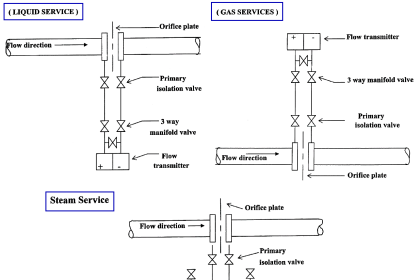
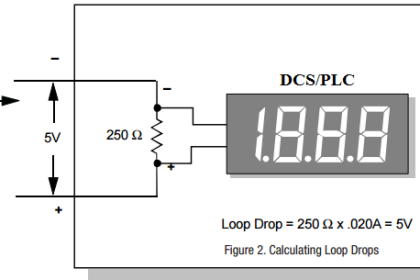
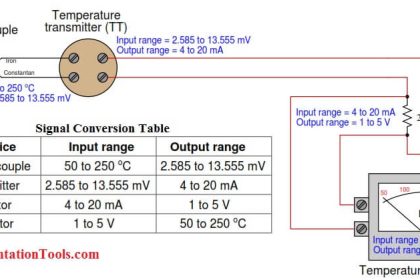
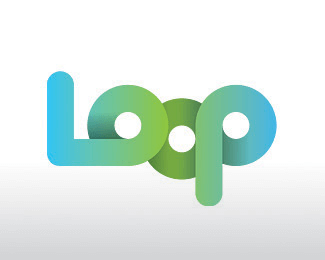
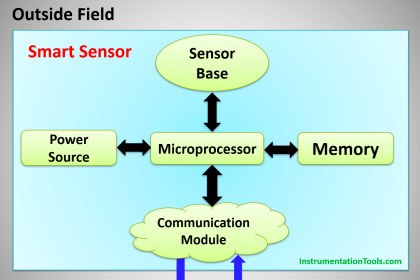
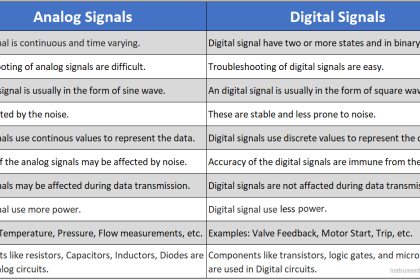
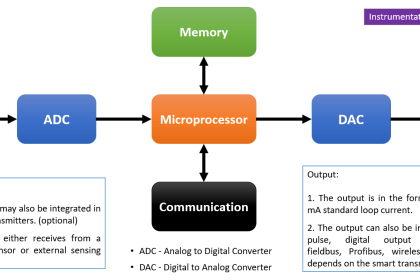
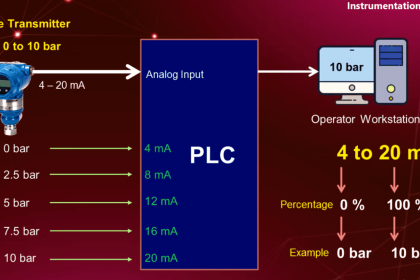
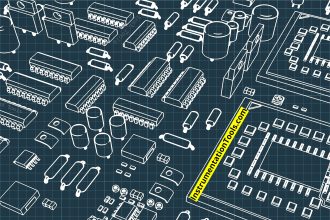
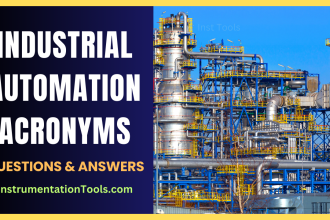
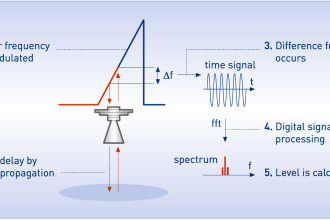
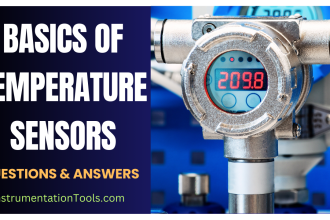
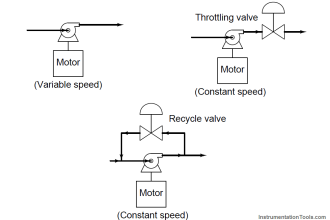
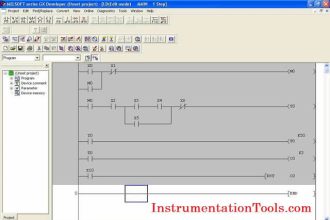
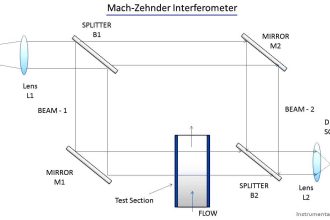
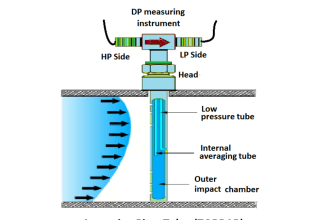

Job roles of an Instrumentation Engineer
An instrumentation and control engineer is required to:
◘ Design and develop control systems
◘ Maintain the existing control systems
◘ Manage the control systems
◘ Collaborate with design engineers, purchasers and other staff members involved in the production processes
◘ Manage projects within the given restraints including cost and time
◘ Troubleshoot
◘ Ensure that the instruments comply with health and safety regulations
◘ Ensure that quality standards are maintained
◘ Provide consultancy support
There are so many fields that an instrumentation engineer can be fitted into.
For instance, take designing field main work is to make p&id diagrams and verifying the respective field operations.
Instrumentation is the basic requirement in any industry sector. The design engineer in instrumentation prepares the concept note popularly known as the design description document. Also Technical Bid Analysis, Request For Proposal.
The Instrumentation Engineer plays a key role in preparing datasheet of the instrument which has been required during the construction phase. Design Engineers also put their sincere efforts in preparing P&ID diagrams, and once finalized with the client they do documentation on them. They go on revising the P&ID until it meets the requirements.
Coming to the erection field where the engineer has to calibrate and erect the instruments and transmitter and cable laying for the same as per the p&id diagrams issued by the design team.
Then comes the maintenance field where the engineer has to take care of the instruments and transmitter and perform debugging if necessary in a running industry.
Then comes the commissioning field here the engineer has to commission or service their transmitter or the instrument. And there are other fields like biomedical and analytical instrumentation which deal with the hospitals and chemical industrials (don’t have much idea).
There are instrumentation engineers in r&d team also.
So there is a lot of scope in instrumentation.
Instrumentation engineers are the heart of the petroleum industry. There is not only one role but many…
The petroleum industry mainly consists of fluids and also many chemicals that are processed in heavy machinery. So, to deal with these kinds of machinery, fluids, and chemicals we have to use many sensors like RTDs for temperature control or rotameter for flow measurement. For the proper working of these sensors and maintaining it timely, we need an Instrumentation engineer.
If fluids are there then the control valve will also be there. So, to check the proper functionality of those control valve there is another department in these industries. Again Instrumentation engineer is required for this.
There is a different department for analyzers that are being used in these industries. So, to maintain it we need a chemical as a well instrumentation engineer.
Most of the plants are automated these days. Hence there will be the installation of DCS (Distributed Control System). To maintain that we need a control engineer.
There are various PLC and SCADA and Emergency shut down system used. So, to maintain that again control engineer is required.
These all departments are taken care of by Instrumentation and Control engineer.